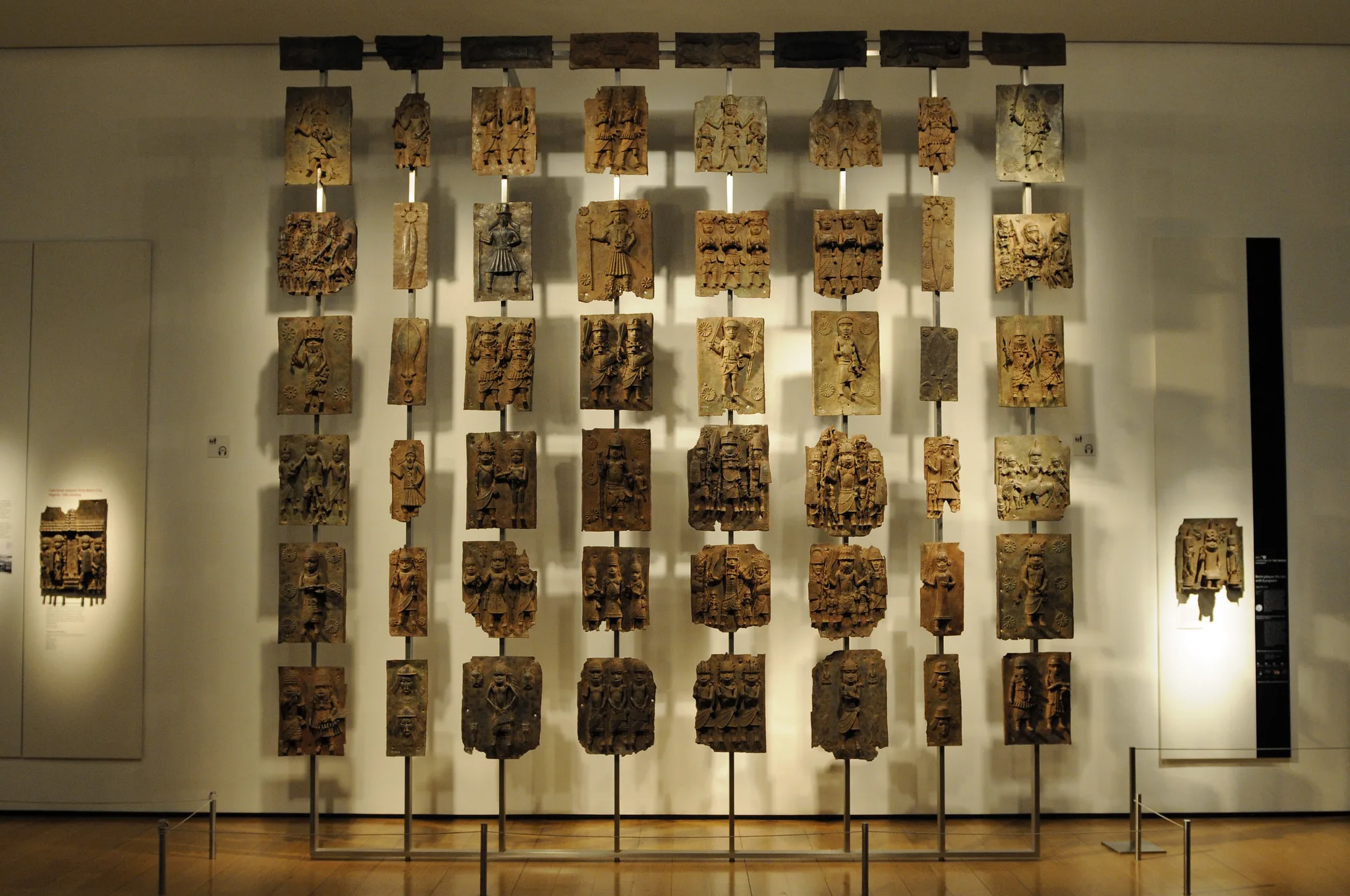Benin Bronzes are currently being removed from the Wereldmuseum (World Museum) to be repatriated to their country of origin, Nigeria.
The Benin Bronzes are invaluable cultural artefacts that belong to the Kingdom of Benin in modern-day Nigeria. The Wereldmuseum in Leiden is in the process of returning over 110 of these historic sculptures. This marks the latest individual repatriation effort amidst growing international pressure on Western governments and institutions to relinquish artefacts acquired through colonial exploitation.
“These don’t belong here. They were violently taken, so they need to go back,” stated museum director Marieke van Bommel during an interview with AFP. “This is a typical example of looted art,” she continued.
The history of the Benin Bronzes is steeped in violence and sorrow. The episode began in 1897, with the killing of nine British officers during a trade mission to the then-sovereign Kingdom of Benin, located in the south of modern-day Nigeria.
The British response was severe. In retaliation, a military expedition was dispatched, resulting in the deaths of thousands of local inhabitants and the destruction of Benin’s capital. British forces plundered the royal palace, seizing hundreds of artworks, including the Benin Bronzes, which were created between the 15th and 16th centuries. Many of the intricately designed bronzes were sold to fund the military campaign, while others were auctioned or sold to museums throughout Europe and the United States.
More than a century later, Nigeria continues its efforts to negotiate the return of these artefacts, with varying degrees of success.
The Netherlands has committed to returning a total of 119 bronzes. An additional six will be repatriated from Rotterdam, while Germany has also commenced the process of returning its share of the looted items.
Conversely, the British Museum in London has declined to repatriate any part of its renowned collection. A law enacted in 1963 technically prevents the institution from returning such treasures.
Van Bommel expressed hope that the Netherlands’ actions would serve as an example for others. “I think we all agree that this collection doesn’t belong in European museums. We do hope that other countries will follow this example,” she said. She emphasised the immeasurable worth of the collection, remarking, “It’s a cultural value, so we never put a price on it.”
The museum in Leiden has previously returned numerous items acquired during the colonial period to Indonesia (a former Dutch colony), Mexico, and an Indigenous community in the United States.
According to Van Bommel, the museum has arranged to retain four of the bronzes on loan, allowing the public to continue engaging with their historical narrative. “We want to talk about the expedition, but also about the whole subject of restitution,” she explained.
In the interim, the museum plans to replace the current collection with an exhibition of contemporary art.
The Benin Bronzes are scheduled to be transported to Lagos in mid-June.
In 2023, former Nigerian President Muhammadu Buhari announced that the returned pieces would be handed over to the Oba, the traditional ruler, rather than to the federal government. There are ongoing plans to construct a dedicated museum in Benin City, located in Edo State in southern Nigeria, where the bronzes will be prominently displayed.
